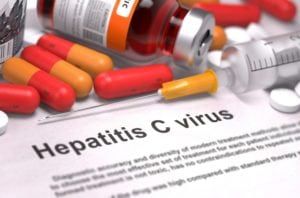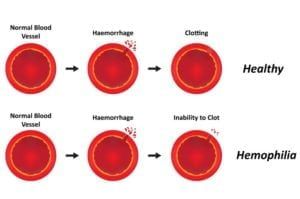Vaccinations are life-saving medical tools recommended and used for the prevention of dangerous and deadly diseases. Vaccines work by introducing controlled and weakened infections into the body, encouraging the immune system to create natural antibodies that will defend the body against possible future infections. Although children are subject to the most complex vaccination schedule, immunization recommendations continue into adulthood to include an annual flu vaccination, periodic tetanus and diphtheria vaccinations, varicella vaccinations, and other risk-based vaccines.
Did you know…that immunizations have nearly or completely eradicated diseases in the U.S. that were once the cause of thousands of illnesses and many deaths every year? Nine diseases for which Americans are vaccinated against are 98 – 100 percent less prevalent than they were before vaccines were made available for them. Other diseases, such as varicella and pertussis, have been suppressed to affect approximately 90 percent fewer people every year. |
Frequently Asked Questions
I am healthy. Do I need to be vaccinated?
Immunizations are highly effective for preventing disease and are recommended for the health of patients of all ages – including infants, children, teens, and adults. You should follow the vaccine schedule as recommended for you or your child’s age, as well as additional vaccines recommended when traveling internationally. Failure to vaccinate puts you or your child’s health at risk for dangerous, yet preventable diseases.
What should I expect when getting vaccinations?
Your doctor will ask you a series of questions about you or your child’s health to ensure the safety of administering the vaccine(s). If you have a record of previous vaccines, be sure to bring it with you to your appointment. Many vaccines are administered in combinations to reduce the number of shots you or your child will need at your appointment. As the vaccine is administered, your doctor will recommend relaxing muscles and taking deep breaths to minimize discomfort. You or your child may need to remain in your doctor’s office for several minutes following the immunization(s) to ensure there are no adverse complications, such as dizziness or allergic reactions.
What should I expect after I update my vaccinations?
Everyone reacts differently to immunizations, and there can be some side effects associated with vaccines. However, most symptoms are normal and inconsequential. They may include a light fever or soreness at the injection site. Contact your doctor if you have questions about post-vaccination symptoms.











































































































































































































































































































